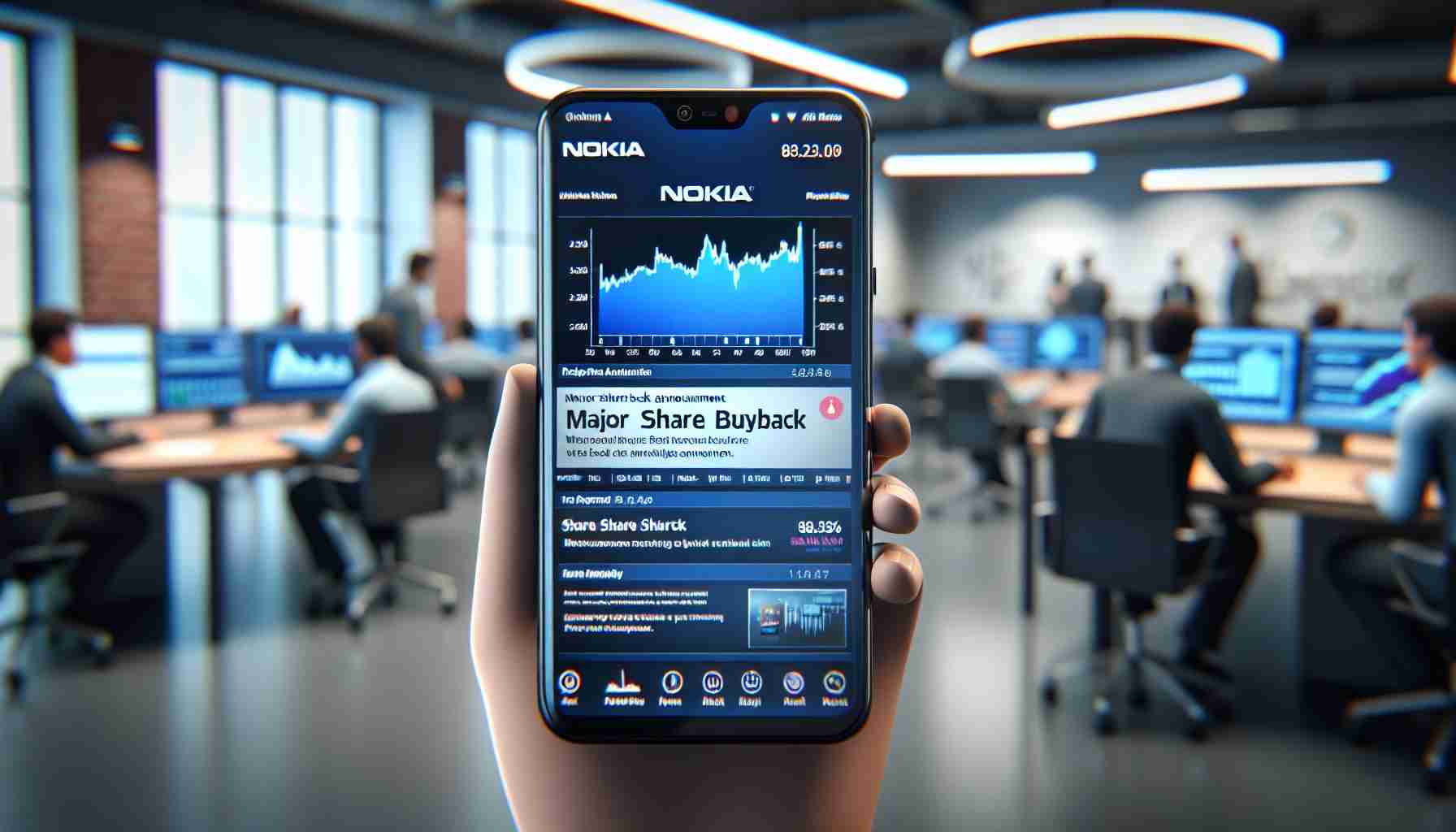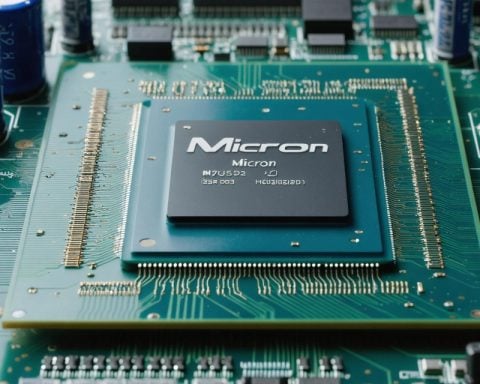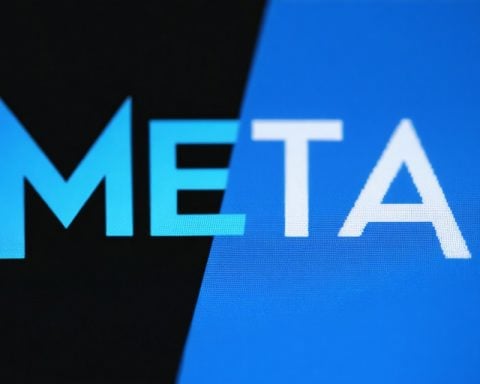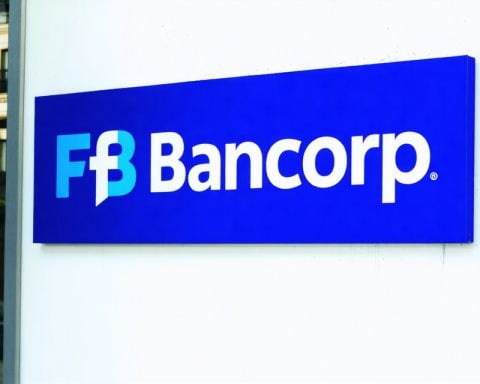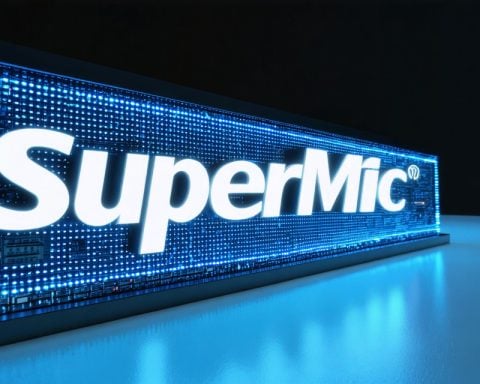Nokia Corporation has made headlines once again as they executed a significant share buyback on January 20, 2025. The Finnish telecommunications giant, operating under the LEI 549300A0JPRWG1KI7U06, has taken a strategic step by repurchasing 872,093 shares at an average price of €4.42 each.
This repurchase is part of a broader initiative that was revealed on November 22, 2024. Nokia’s Board of Directors announced the launch of this share buyback program to counteract the dilution resulting from equity distributed to shareholders of Infinera Corporation and associated incentives. Under the measures established by the Market Abuse Regulation, the program aims to repurchase up to 150 million shares, with a total purchase target of €900 million. The program, authorized during the Annual General Meeting on April 3, 2024, commenced on November 25, 2024, and is set to conclude by December 31, 2025.
The financial details for the January 20 transaction revealed that Nokia invested €3,858,052, bringing their total treasury shares to 231,707,452. The transactions reflect Nokia’s commitment to maintaining shareholder value and adapting to market fluctuations.
Nokia continues to position itself as a leader in technology innovation, contributing to the advancement of global networks that connect and empower communities, while paving the way for future digital services.
Subtitle
The Resurgence of Share Buybacks: Implications for the Future
The recent share buyback executed by Nokia Corporation signifies more than just a financial strategy; it reflects profound shifts in corporate culture and economic landscapes. As companies increasingly resort to buybacks, the implications are felt across society and the global economy.
This trend raises questions about wealth distribution. As firms redirect funds that could aid in research and development or employee salaries towards stock buybacks, the potential for economic inequality is magnified. For instance, buybacks can inflate executive bonuses while neglecting broader stakeholder interests, leading to calls for a reevaluation of corporate governance frameworks.
On a global scale, the practice may impact market dynamics. With corporations frequently repurchasing shares, there’s a risk of exacerbating market volatility, affecting unprecedented numbers of investors. Furthermore, the trend reflects a broader reliance on financial engineering over tangible business growth, advancing a short-termism approach that could stymie innovation long-term.
The environmental ramifications should also not be overlooked. As companies allocate substantial resources to buybacks, there’s concern that investments in sustainable practices and technologies may be deprioritized. Companies like Nokia, which play crucial roles in developing infrastructure for a digital future, face a pivotal choice. They can either reinforce their technological leadership or become ensnared in an endless cycle of shareholder appeasement.
In conclusion, Nokia’s move is emblematic of a larger corporate behavior that seeks to balance shareholder expectations with the pressures of ethical and sustainable practices moving forward. The long-term significance of these strategies will undoubtedly shape the economic, cultural, and environmental landscape in which we operate.
Nokia’s Bold Share Buyback: What’s Next for the Telecom Giant?
Understanding Nokia’s Share Buyback Strategy
Nokia Corporation’s recent share buyback initiative signals a commitment to enhancing shareholder value while navigating a dynamic market landscape. On January 20, 2025, the Finnish telecommunications giant executed a repurchase of 872,093 shares at an average price of €4.42, totaling an investment of €3,858,052. This strategic move is part of a broader plan announced on November 22, 2024, where Nokia’s Board laid out intentions to counteract dilution from stock distributed to shareholders of Infinera Corporation.
Key Features of the Buyback Program
1. Objective and Scope: The share buyback program is designed to mitigate dilution effects and is authorized to repurchase up to 150 million shares for a total cost of €900 million.
2. Timeline: Launched on November 25, 2024, the program is expected to conclude by December 31, 2025.
3. Total Treasury Shares: Following the latest buyback, Nokia holds 231,707,452 treasury shares, reflecting its ongoing commitment to shareholders.
Market Analysis and Implications
The share buyback comes at a time when companies often need to reassure investors during uncertain market conditions. Nokia’s actions may indicate confidence in its future performance and a strategy to maintain stock price stability amid volatility.
Pros and Cons of Nokia’s Buyback Initiative
Pros:
– Enhances Shareholder Value: Reducing the number of shares available can increase the earnings per share (EPS) and potentially lift the stock price.
– Market Confidence: Share buybacks can signal to the market that the company believes its stock is undervalued, fostering investor confidence.
Cons:
– Cash Flow Usage: Significant investment in share repurchases might limit funds available for research, development, or other strategic investments.
– Market Reaction Risks: If the market perceives the buyback as a sign of weakness or lack of growth opportunities, it might not have the desired positive impact.
Security Aspects and Innovations
Nokia continues to embrace innovations in technology, particularly in enhancing global networks and security aspects of telecommunications. Their investments are not solely focused on immediate returns, but also on sustainable infrastructures that promote safety, reliability, and connectivity in a digital-first world.
Sustainability and Future Trends
As part of its strategic initiatives, Nokia is not only focused on short-term financial moves but also embedding sustainability into its core operations. They are keenly aiming for innovations that reduce environmental impacts while enhancing service quality, aligning with global trends towards sustainable business practices.
Conclusion
Nokia’s significant share buyback is a strong signal of its focus on long-term shareholder value and market adaptability. As the company positions itself as a leader in telecommunications and technology solutions, stakeholders are keenly watching how these initiatives unfold in the upcoming years. For more information on Nokia’s latest activities and innovations, visit Nokia.

